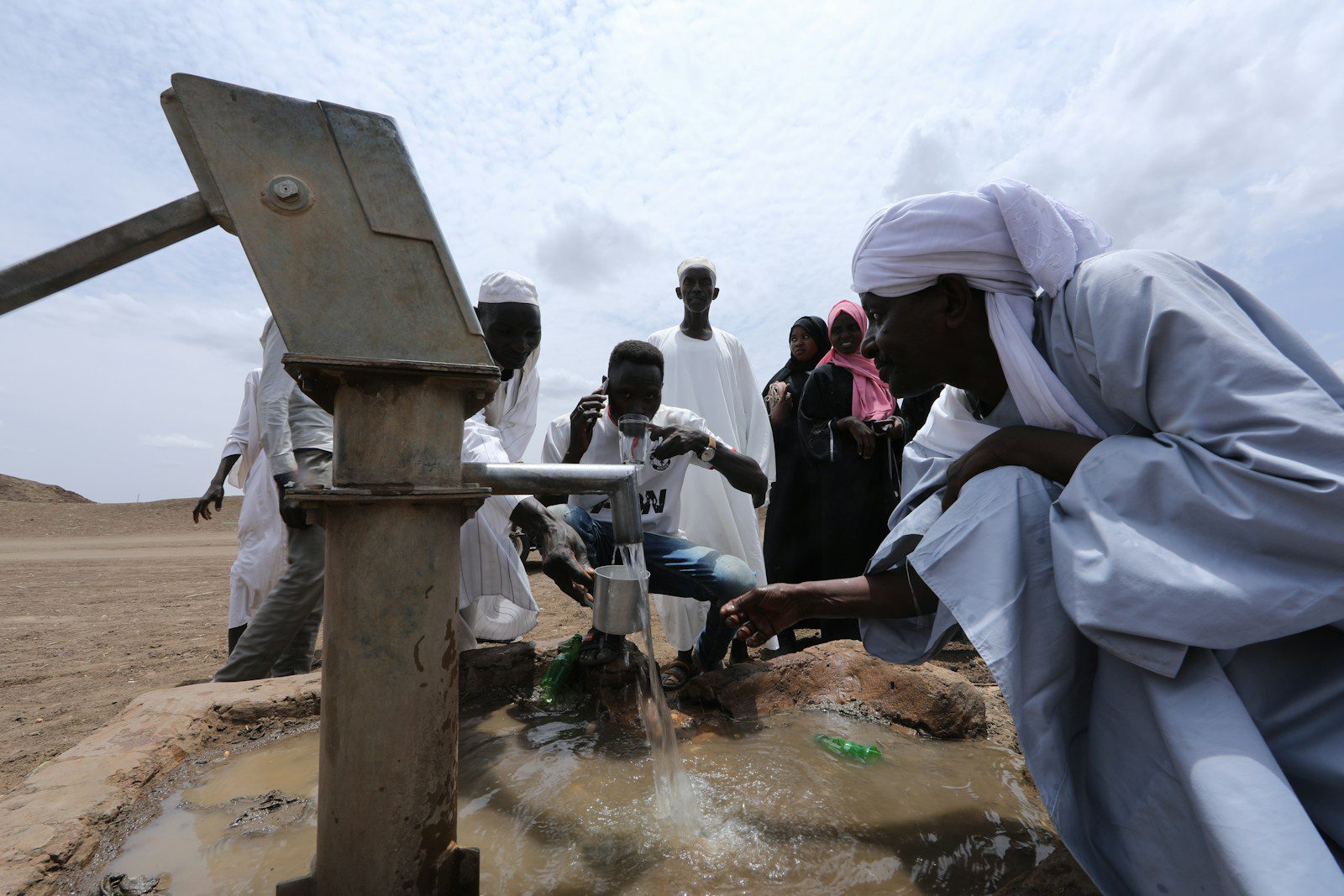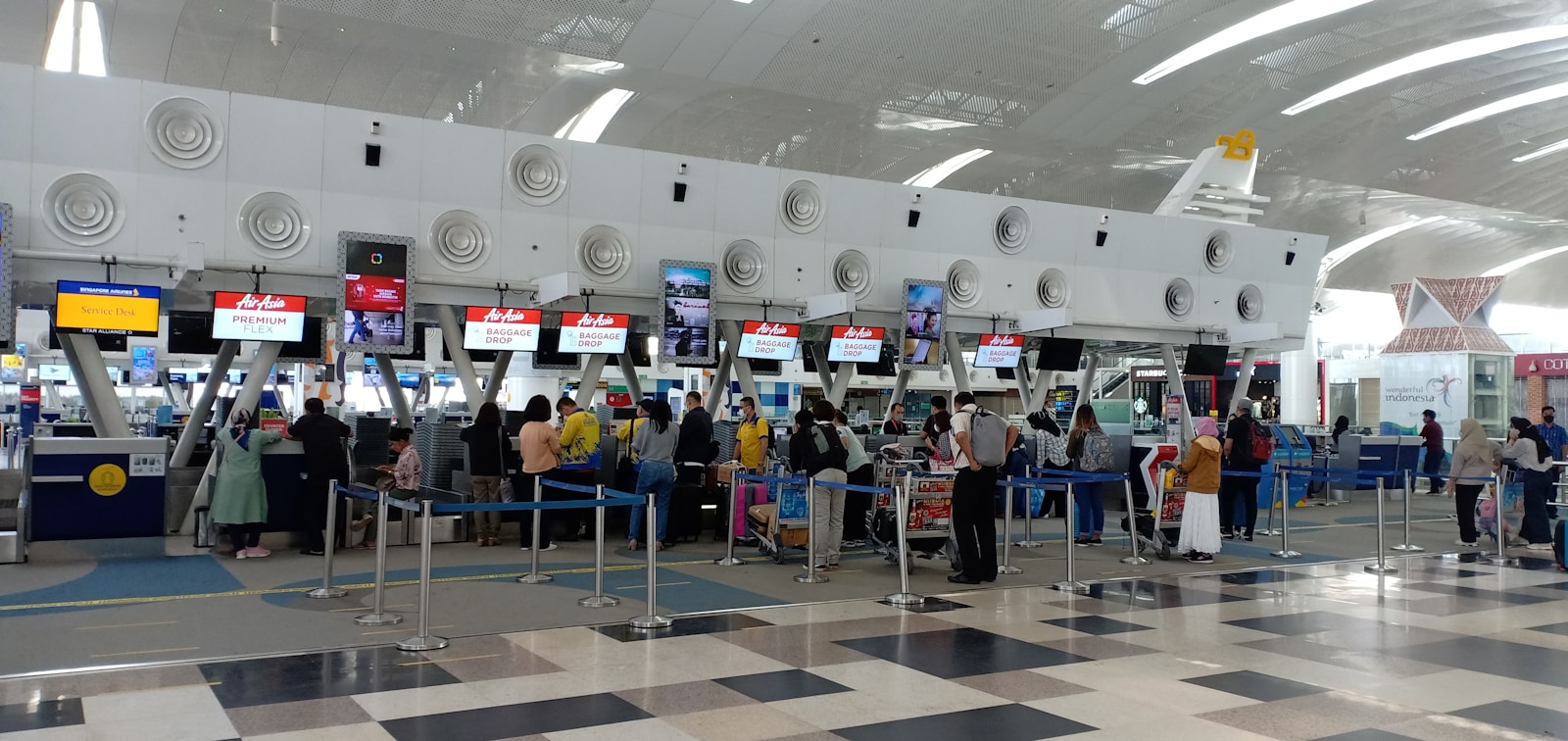Title: Sudanese Civilians in Dire Hunger Crisis: UN Warns of Imminent Starvation in 2025
Description: The situation in Sudan’s besieged cities has reached a catastrophic level, with residents facing extreme food shortages. The United Nations warns that starvation is rapidly becoming a looming crisis in 2025.
Sudan’s Escalating Hunger Crisis: A Nation on the Brink of Starvation
In 2025, Sudan finds itself on the verge of a devastating humanitarian disaster as millions of residents in its conflict-ridden cities struggle to survive amidst widespread hunger. The United Nations has issued a stark warning, urging the global community to take immediate action as the country’s people face the grim reality of food shortages. The ongoing violence and conflict, coupled with blockades and restricted access to essential resources, have left many civilians in a desperate fight for survival.
The city of Khartoum, along with other urban centers across the nation, has become a symbol of the profound human suffering that is unfolding in Sudan. What was once a thriving population is now struggling to obtain basic necessities, including food, water, and medical supplies. With the conflict showing no signs of abating, the humanitarian situation has worsened, leaving the country’s citizens vulnerable to widespread starvation.
A Dire Hunger Crisis Gripping Sudan’s Cities
The violence that erupted in Sudan in 2023 has plunged the nation into chaos, creating one of the worst humanitarian emergencies in recent history. Cities like Khartoum and Darfur have been subjected to blockades, making it nearly impossible for vital aid to reach those in need. The impact of these sieges is evident in the tragic reports of malnutrition and hunger that have become increasingly common throughout the country.
The UN has highlighted that more than 25 million Sudanese citizens, a staggering two-thirds of the population, are now facing some level of food insecurity. As resources dwindle, many households are relying on precarious means of survival, including foraging and scavenging, with no end in sight.
For those living in areas hardest hit by the violence, conditions are even more critical. Children, the elderly, and pregnant women are especially vulnerable to the health risks posed by malnutrition. Hospitals are overwhelmed and lack the necessary resources to treat those suffering from diseases exacerbated by hunger, further compounding the crisis.
The Role of Conflict in Exacerbating the Crisis
The root cause of Sudan’s hunger crisis is inextricably linked to the ongoing conflict between warring factions in the country. What began as a power struggle in 2023 quickly escalated into a full-blown civil war. Armed groups, each vying for control, have clashed relentlessly, resulting in widespread displacement and the disruption of critical infrastructure.
For many Sudanese, the daily struggle to obtain food is compounded by the dangers of navigating a warzone. Roads are often impassable, and transportation of goods, including food and medicine, is severely restricted. Even where aid is available, it is often intercepted by militias or damaged during the intense fighting.
As a result, the normal supply chains for food distribution have been broken, and the agricultural sector, once a key part of Sudan’s economy, has been decimated. The effects of this collapse are far-reaching, with crop yields failing and livestock being decimated due to a lack of proper care and veterinary services.
UN Urges Immediate Action to Prevent Catastrophic Famine
The United Nations has been vocal in its appeals for immediate humanitarian intervention. According to UN officials, the situation in Sudan could escalate into a full-scale famine if urgent measures are not taken. The organization has called for unimpeded access for aid organizations, as well as an end to the blockades that prevent vital supplies from reaching the affected population.
Despite efforts from the international community, including humanitarian aid and diplomatic interventions, the road to recovery seems long and uncertain. The ongoing political deadlock between the Sudanese government and rebel factions has hampered efforts to reach a ceasefire and allow for the safe distribution of aid. This has left Sudanese citizens stranded in a state of despair, with few options for improving their circumstances.
The Human Toll: Children and Vulnerable Groups Bearing the Brunt
One of the most heartbreaking aspects of the crisis in Sudan is the disproportionate impact it has on the most vulnerable populations. Children under the age of five are at a particularly high risk of malnutrition, with reports of severe stunting and wasting becoming increasingly common.
The UN has warned that more than 2 million children in Sudan are facing life-threatening conditions due to a lack of adequate nutrition. This has long-term consequences, not only for the health and development of these children but also for the future of the nation itself. A generation of Sudanese children is at risk of growing up without access to the education, healthcare, and nutrition necessary to thrive.
In addition to children, women, particularly those who are pregnant or breastfeeding, are also suffering immensely. The lack of proper nutrition during pregnancy can result in complications that not only affect the mother but also pose a threat to the baby’s health.
The Global Community’s Responsibility: Urgency of a Collective Response
The UN’s warning is not just a call for aid but a reminder of the global community’s responsibility to act in times of crisis. The situation in Sudan is one that requires urgent international attention, both in terms of immediate relief and long-term peacebuilding efforts.
The international community must intensify diplomatic efforts to mediate a ceasefire and bring an end to the conflict. This is essential not only for peace but for the provision of much-needed humanitarian assistance. The need for a comprehensive peace agreement that addresses the underlying issues of Sudan’s crisis is paramount, and it is only through sustained international pressure that a resolution may be found.
Moreover, the humanitarian response must be more than just food aid. Access to clean water, medicine, and healthcare services must also be prioritized. Building resilient systems for long-term recovery, such as revitalizing the agricultural sector and re-establishing supply chains, is essential for the future stability of Sudan.
Conclusion: A Nation in Peril
The hunger crisis in Sudan is a stark reminder of the devastating consequences of armed conflict and the importance of international solidarity in times of need. The warnings of impending starvation in Sudan are not mere statistics—they represent the lives of millions of people whose survival hangs in the balance.
As the international community continues to monitor the situation, it is crucial that decisive action is taken to prevent further suffering. Only through collaborative efforts can Sudan hope to recover from this unimaginable crisis and build a future of stability and prosperity for its citizens. The world must not turn a blind eye to the plight of Sudanese civilians—this is a call to act before it is too late.
For more news: https://africaheritagevoice.com/
External Links: https://www.bbc.com/news/articles/c776njyl74po




